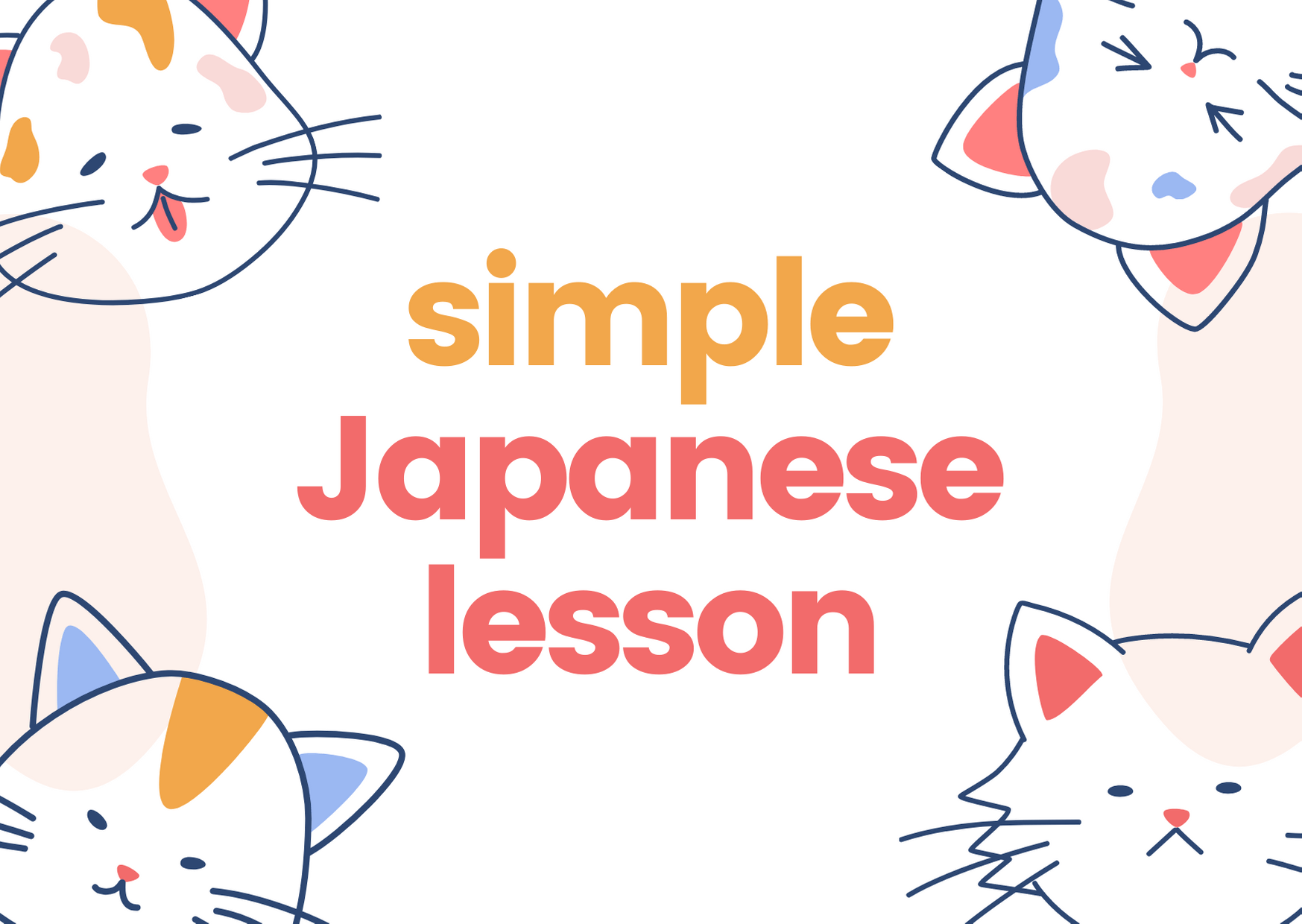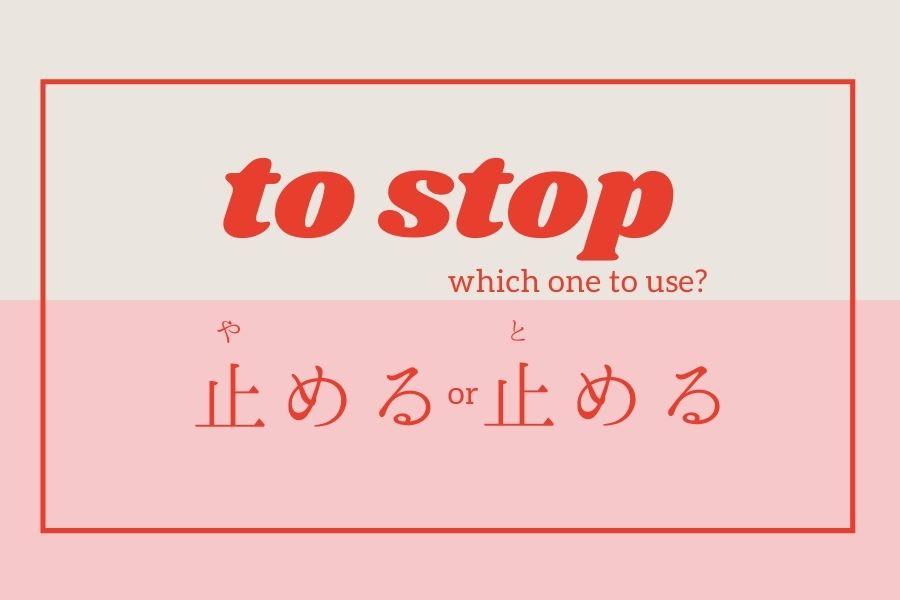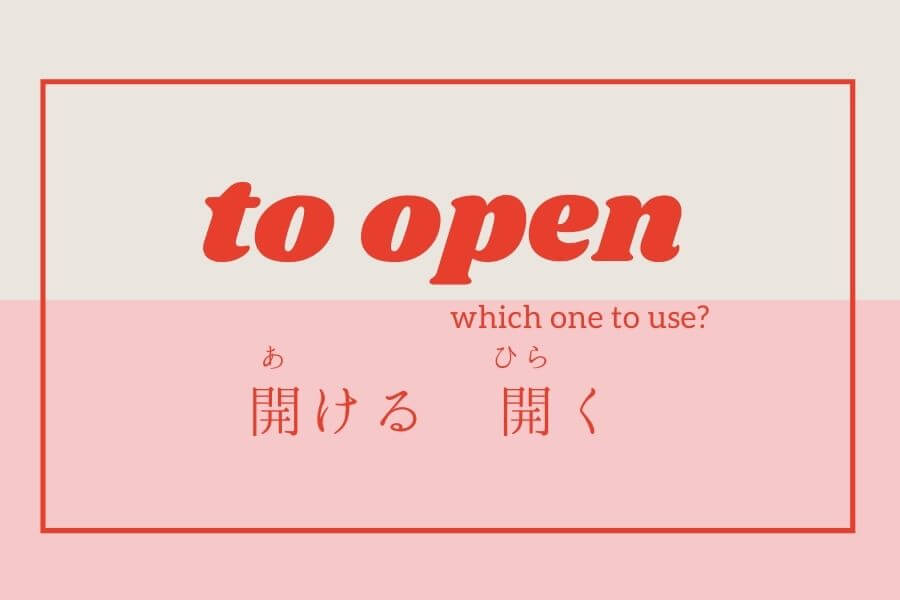Formal Scene I am looking forward to it. 楽しみにしています。 たのしみにしています。tanoshimini shiteimasu. I am looking forward to seeing you. お会いできることを楽しみにしています。 おあいできることをたのしみにしています。oaidekirukotowo TANOSHIMINI SHITEIMASU. Casual Scene Can’t wait! ① 楽しみ! たのしみ!tanoshimi! *this is the most common way to say ‘cannot wait!’. Can’t wait! ② 待ちきれない! まちきれない!machikirenai! *This is the exact translation of ‘cannot wait!’ Can’t wait! ③ …




